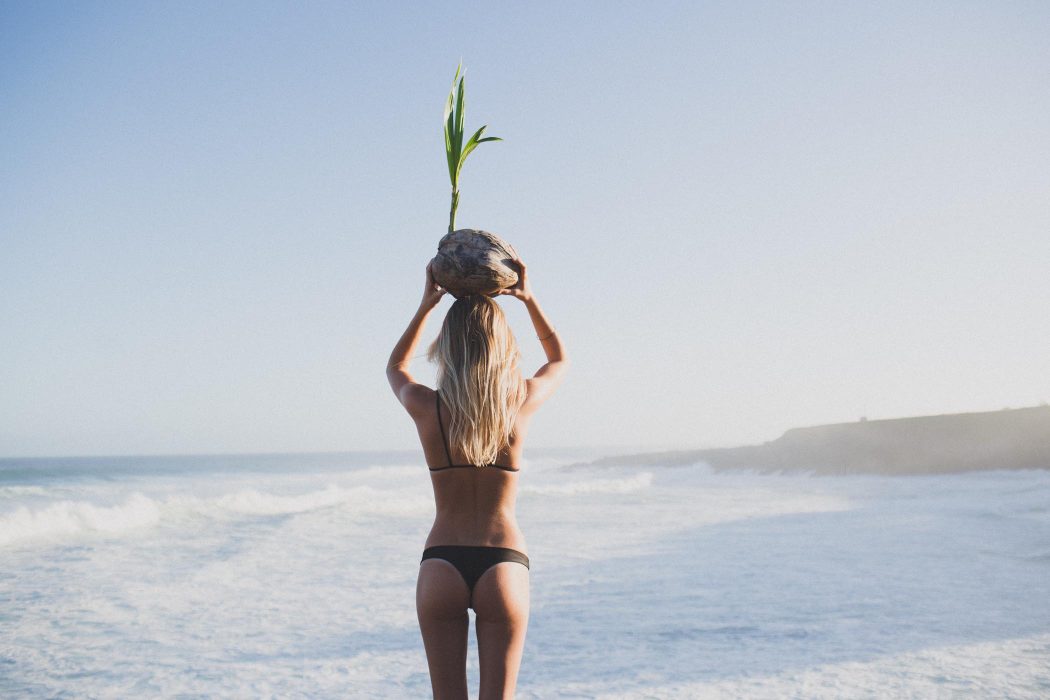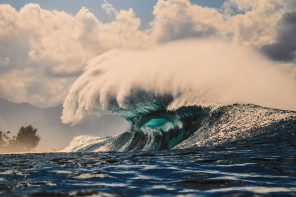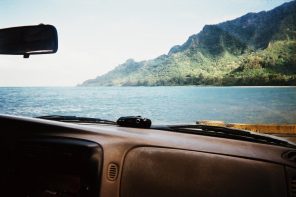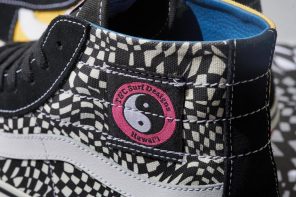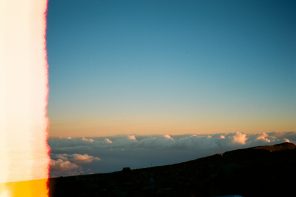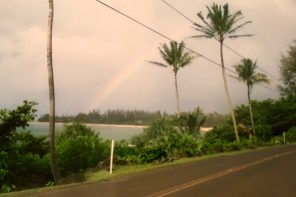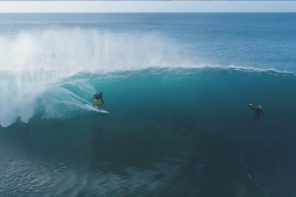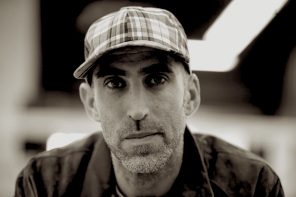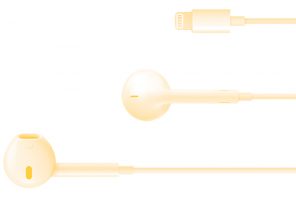Ryan Burden is the man. Besides being a awesome, authentic person that lives on Maui (where I grew up and currently reside), he’s also a passionate coconut farmer. His product is locally-sourced, sustainable and works to be a staple of health in the community. I have a lot of respect for him and his business, so when I was asked to interview someone that inspires me, Ryan was the first to come to mind. And I kind of love coconuts.
What made you decide to start a coconut company?
Coconut trees are the most amazing plants on Earth! They live up to 100 years and produce tons of cocos. The water is the purest thing you can drink, and the meat can be eaten raw, made into milk, yogurt, chips or oil. You can run cars on coconuts, build houses from the wood and even make booze out of the flowers.
I call coconuts our ‘MVP’—most valuable plant. No other plant comes even close to being as productive or useful. If you live in the tropics and want to be sustainable, you have to embrace coconuts. Sustainability isn’t a trend or fad; it’s the future, and coconuts are the key to that bright future. So, I’ve devoted my life to them.
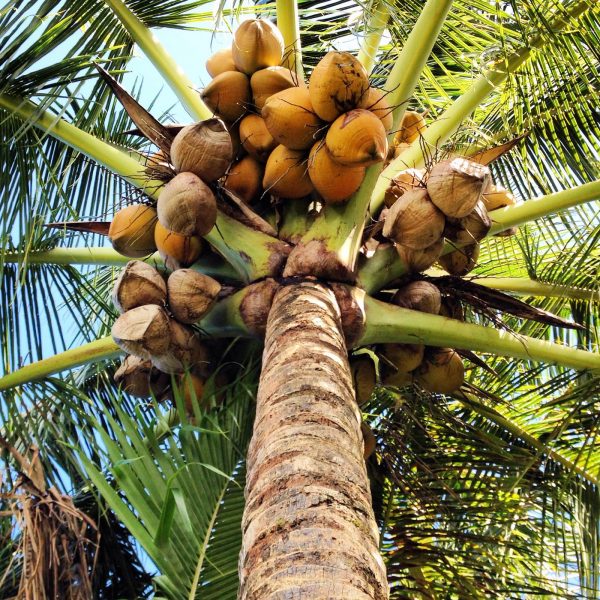
Describe to us your business.
We are an open door farm that doubles as an education center. We teach workshops where people who have never even seen a real coconut, or used a machete, can visit and leave with the confidence to make coconuts a part of their daily diet. We make our own coconut body oils with local ingredients, and we also run a CSA (community supported agriculture) system where locals come to pick up their weekly coconut milk and water.
Can you tell us about your lifestyle—what’s important to you and how does it relate to your business?
Sharing and self-sufficiency are the most important things to us. Life on the farm revolves around growing, collecting and hunting. A lot of time is spent in the garden, taking care of the animals and in the kitchen. We cook almost every meal from scratch and always have lots of visitors over, cooking, eating and helping. It’s work, but everyone who visits gets inspired and agrees—we have the best food in the world.
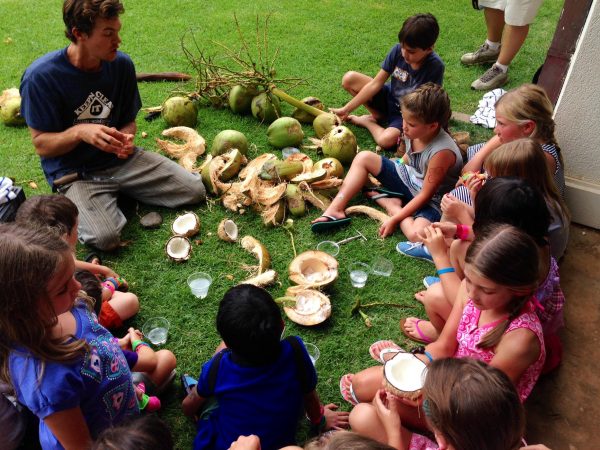
Run us through a typical day.
Up at sunrise to feed the animals. Then coffee (with coconut cream) before starting the day’s work, which could be climbing trees, planting, teaching or chopping cocos. If there are waves, a mid-day surf break is always nice before going into the garden. Garden till sunset, when we start prepping dinner. It’s a beautiful life.
So, where do you get your coconuts? Do you climb tall trees? Are there specific kinds? What’s the process of making your products, and where do you sell them?
Coconuts love the salt air, and the closer to the beach, the better they taste. We gather our cocos from around the whole island. We climb trees up to 70 feet tall and lower down the nuts in bunches with ropes.
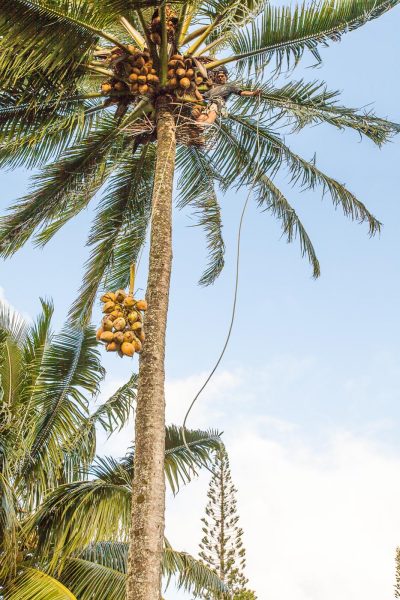
Then we bring the cocos back to our farm to chop. Young coconuts are used to fill kegs (coco water on tap), middle-aged nuts are for milk-making and fully mature brown nuts are made into oil. The empty shells get shredded and used in our garden; nothing is wasted. Our oil is sold in local shops and on our website, but you gotta visit in person to get milk or water.
What are some important lessons you’ve learned from running your own business?
- Listen to your gut, and if something excites you, you’re on the right track
- Be consistent and persistent
- Dream big and follow through; it takes work to “manifest” your dreams
Any future plans for expansion? New products?
Wait ’til you test out our dark chocolate coconut tanning oil and new vanilla body scrub—you’re going to freak.
For more information on Ryan’s operation, check out the Coconut Information website. Thanks Ryan.

